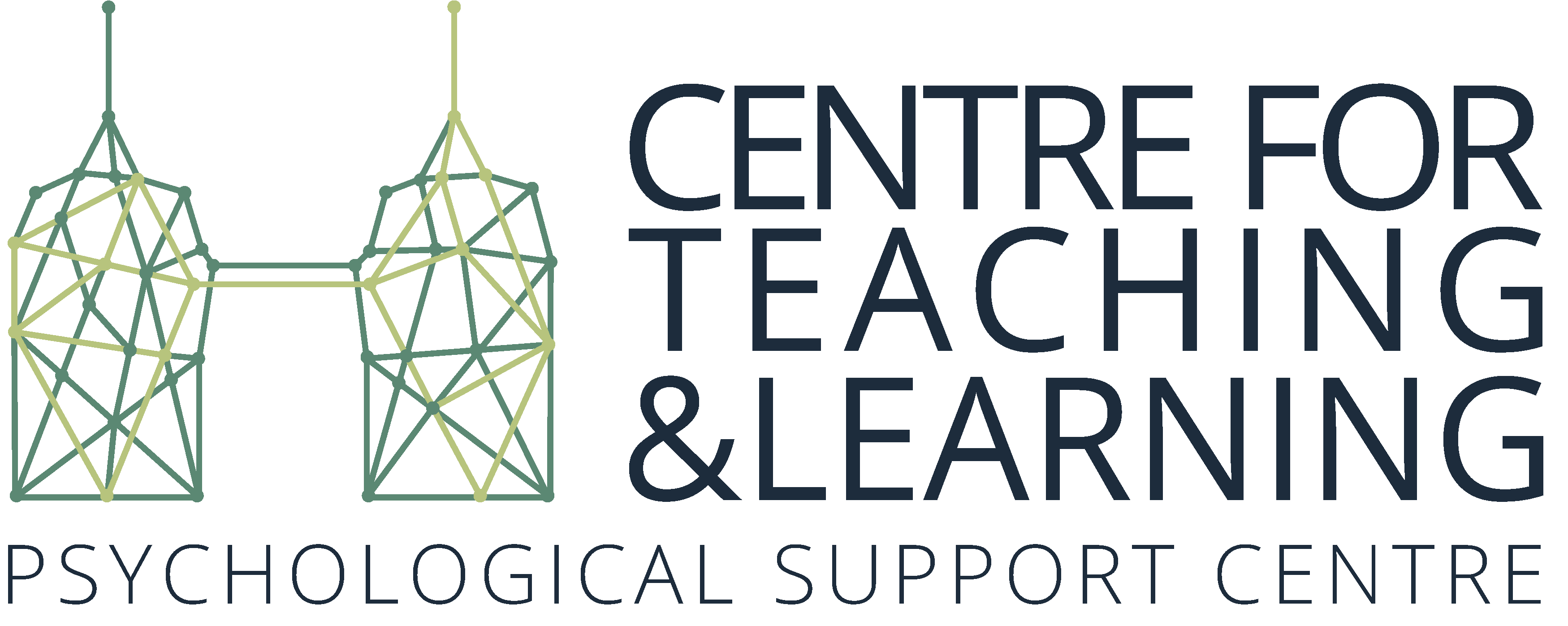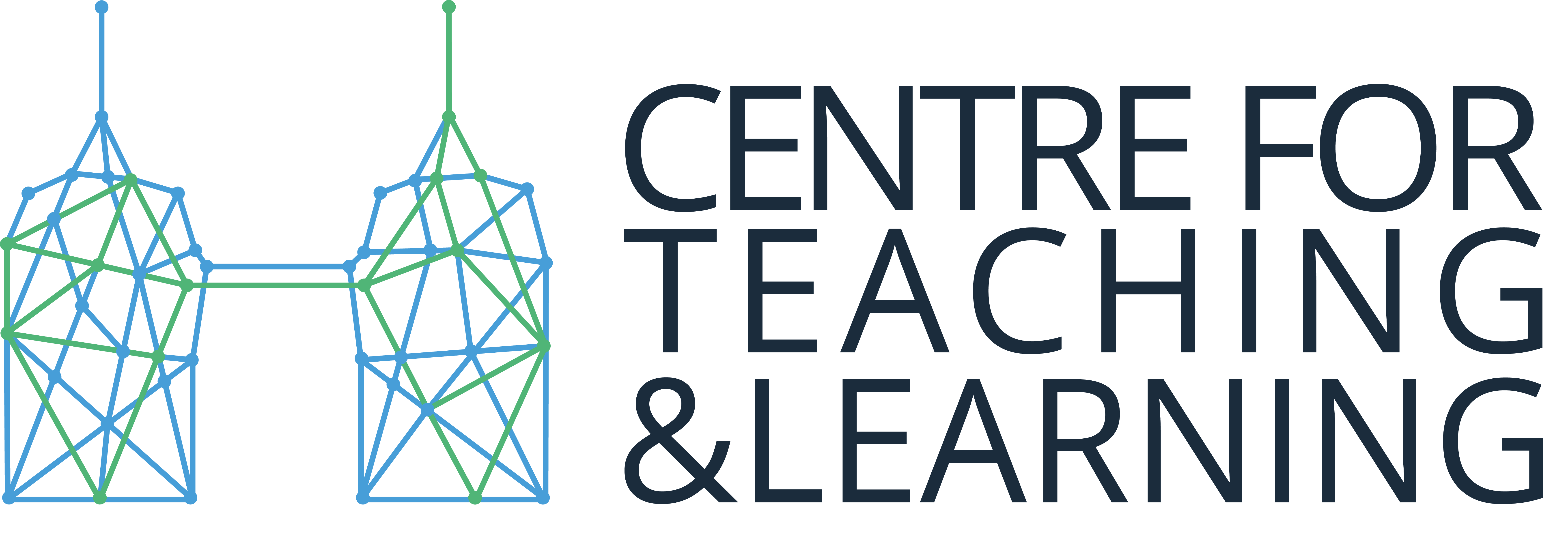Forms of psychological help
A psychological consultation is a confidential conversation with a psychologist, which is meant to initially recognise your life and emotional situation, the nature of the problems you encounter and possible forms of psychological help you might need. Whilst a consultation is often seen as a step prior to possible psychotherapy, it does not constitute an obligation to start one.
Crisis intervention is a form of immediate short-term psychological and preventive support when you experience an emotional crisis. A crisis begins when one does not have the resources to deal with a situation independently. This may include, the loss of a loved one, threat to life, experience of physical, mental, or sexual violence, including being a victim of inappropriate social media. It can be an identity crisis or any personal crisis. It can also be caused by the accumulation of several minor life difficulties. Crisis intervention is primarily used to restore mental balance and along with it, the ability to use one’s own resources in a preventive way to avert any deterioration of mental health.
Individual short-term sessions of psychological support is a confidential conversation with a psychotherapist meant to understand your individual world in an attentive, accepting, and non-judgmental way. At our meetings we will work on the difficulties you encounter to understand how past experiences, current beliefs, and the way you function, maybe contributing to the problems you experience.
In the process of psychological support we will work towards change of the existing, maladaptive forms of coping and towards development of new behaviours that will enable the building of satisfying relationships and facilitate the implementation of life goals that are important to you. Detailed goals and duration of meetings are set with you and take your individual needs and possibilities under consideration. Meetings are usually held once a week at the same time and place. Psychological support sessions are time-limited and involves a certain number of meetings in accordance with an agreed contract. One session lasts 50 minutes.
Group psychotherapy recognises that psychological problems originating in relationships with other people, may manifest in wider relationships and as such are often treatable in relationships. It is a form of psychological aid wherein a psychotherapeutic group created by all participants is a main supporting factor. By participating in a psychotherapeutic group, you will have the opportunity to see that others are struggling with similar difficulties. You will share your experiences with other participants that may be helpful for you and for them. Group psychotherapy is a space where you will be able to recognise and express your emotions. It is a space to receive support from the group in difficult moments. At the same time, you will be able to recognise to what extent your understanding of reactions and motivations of other participants is accurate and how they perceive your behaviour. The decision to join the therapeutic group is preceded by a consultation meeting: a diagnostic interview and a preparatory to the group work. There are one or two therapists leading the group. Group psychotherapy meetings are held once a week and last 90 minutes. The group consists of up to 10 people.
Psychoeducational workshops are a form of psychological help to support the development of specific psychological skills, and can be a form of prevention aimed at counteracting mental crisis. Thanks to psychoeducational classes, you can expand your knowledge on human functioning in various difficult life circumstances. In addition, we will help you to identify different problems and strengthen your strategies to solve them. You will gain an ability to build a constructive attitude towards the difficulties you experience. The workshop consists of a lecture and training, encompassing skills training, training scenes, case studies, concept exercises, psychodrama and simulation games. The interpersonal nature of the workshop will enable you to involve with other participants, inspire each other, draw from your own experiences and those of others and enter into relationships.

